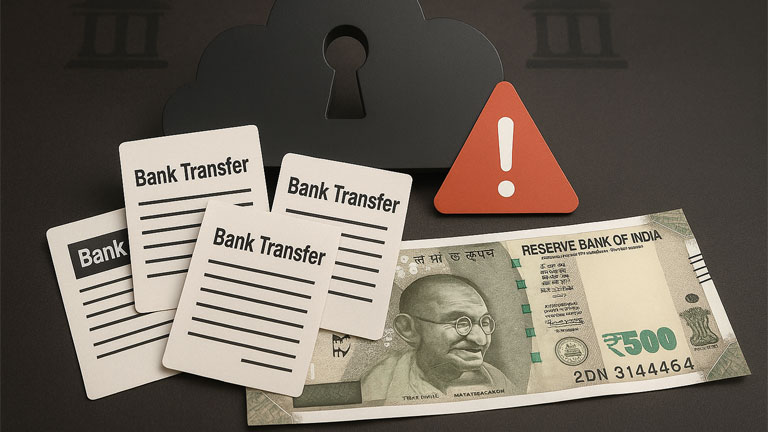This incident raises significant concern. Cybersecurity researcher UpGuard discovered an exposed cloud storage server in late August. The server contained 273,000 PDF documents containing sensitive information related to bank transfers. This information was publicly available on the internet and accessible to anyone.
What was in the documents?
The same set of documents typically displayed forms related to the National Automated Clearing House (NACH). Such forms are used for regular payment processes such as salaries, loan installments, and utility bills. The documents contained personal data such as account numbers, transaction amounts, and customer contact details.
Which institution’s name appeared most frequently?
Analysis of a sample of approximately 55,000 files found that Aye Finance’s name appeared most frequently in more than half of the available files. This indicates that the leak involved records from multiple banks and financial institutions.
Discovery and Reporting Sequence
Researchers immediately notified the relevant entities upon discovering this exposed file. Reports were made to Aye Finance, NPCI, and later to India’s CERT-In team. The data was secured only after reporting. Thousands of new files were seen being added to the server daily at the time of discovery.
Who’s Responsible and What Response Was Received?
The biggest problem here is the lack of accountability. NPCI stated that the leak did not originate from their systems and denied any leak of NACH records from their systems. Official comments from Aye Finance and State Bank of India were not available. This uncertainty may raise questions about who had access to the data and whose negligence was involved.
Why This Matters
Your bank account and your money could be directly at risk. If an outsider were able to misuse these documents, the risk of identity theft and financial fraud increases. Your psychological pressure can also increase when your personal information is exposed without your knowledge. This is a breach of trust.
The Role of Institutions and Regulations
Financial institutions have a responsibility to protect customer data. Proper configuration of cloud services and regular security audits are essential. Regulatory bodies and government agencies should ensure that affected customers are promptly notified of any leaks. The current situation demonstrates the need for improved regulatory compliance and transparency.
What You Can Do
Monitor your bank statements and transactions. If you notice suspicious activity, immediately notify your bank. Use two-factor authentication and ensure the confidentiality of your contact details. Avoid sharing unnecessary documents in the cloud and periodically check the privacy settings of services. These small steps can be a significant safeguard.





